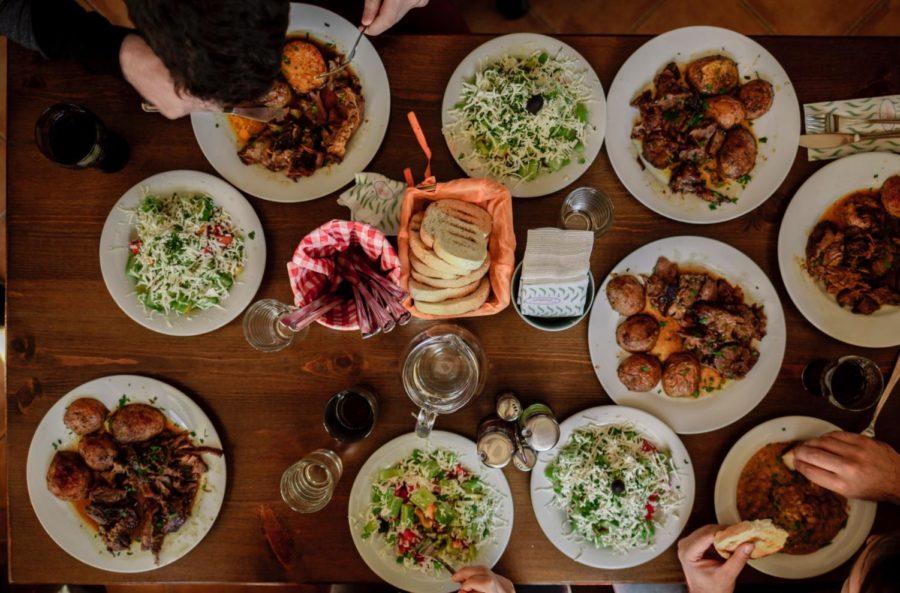Schmitt: The right of food choice
November 28, 2021
Anti-food choice has become a prevalent issue worldwide, especially in the U.S. and the European Union, with meat consumption heavily under attack in the mainstream debate.
Between new controversies following the COP26 climate summit, ongoing activism toward banning “factory farming” or concentrated animal feeding operations (CAFOs) groups are seeking to eliminate meat from the dinner plate.
Beyond groups such as People for the Ethical Treatment of Animals (PETA), albeit the provocative organization has lost much credibility among normal animal rights advocates, other seemingly mild groups’ end-goal is not to ensure animal welfare but to eliminate animal agriculture.
According to Vox, groups such as the Humane League have increased efforts to advocate for the humane treatment of animals. By extending its presence in Brazil, Mexico, India and Japan, the group has almost shifted its focus from Western countries to target others that may be more receptive to their agenda.
I want to make it clear that animals should be treated ethically. Activist groups have advocated for cage-free laying hens for years, and rightly so. However, the same groups won’t stop advocating until animal agriculture no longer exists.
Mercy for Animals and other coalitions have backed legislation to ensure animal welfare, but their main push is to increase non-meat consumption to eliminate it from the human diet, often using the red carpet to convince consumers.
I’ve already argued that “real meat is not going away” even with the growing popularity of plant-based alternatives. However, the goal of alternative meat companies is not to compete with animal agriculture. It’s to crush the competition completely, creating a near-monopoly of the world’s “meat”-protein supply.
Impossible Foods CEO Patrick Brown already admitted that the company’s “true mission is to eliminate the animal farming industry.”
Animal protein, especially beef, is a healthy choice on the dinner plate yet large corporations focus on eliminating that choice. However, the reality is that beef and meat demand continues to rise despite higher prices with inflation.
While the U.S. and the world continue to experience supply chain disruptions, which have impacted the meat industry and are driving prices higher, consumers show a degree of reliance that keeps meat on their plates, proving that real meat remains highly valued.
Yet, proclamations have encouraged Americans to reduce their meat consumption. Colorado Gov. Jared Polis attempted to declare a “MeatOut” day in March, which sparked significant backlash from the agricultural community and some consumers. Not only did Colorado residents respond but producers around the U.S. took it as an attack on meat consumption and countered by hosting multiple “MeatIn” events.
Other governors followed the counter events. Montana Gov. Greg Gianforte proclaimed March 20 Montana Meat Day. The governor released his statement March 19 on Twitter, emphasizing that meat is produced more sustainably than ever and livestock producers face a rising amount of hostility from individuals and organizations. Nebraska Gov. Pete Ricketts declared Saturday ‘Meat on the Menu Day’, while Iowa Gov. Kim Reynolds declared April as “Meat on the Table Month” to support Iowa livestock producers. Gov. Polis’ proclamation only included one day out of the year to encourage Colorado to not eat meat, but it comes at the expense of the culture and economy that livestock farmers and ranchers have provided to the state.
It’s simple. Americans want the right to choose their food. They don’t want the government to control what they consume, especially when their diet provides adequate nutrition. Food choice should be a protected right as many people have various dietary needs. Others simply want to enjoy a rich and savory meal that involves meat.

















